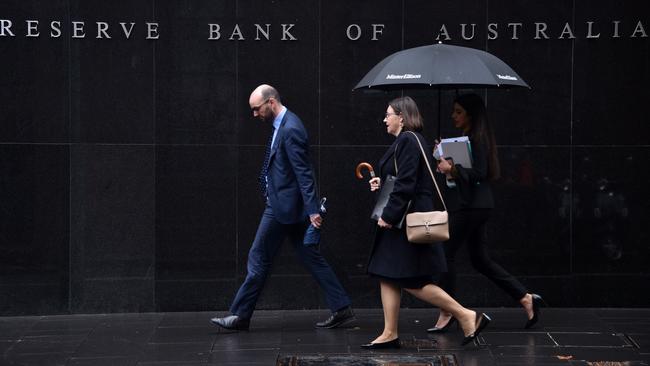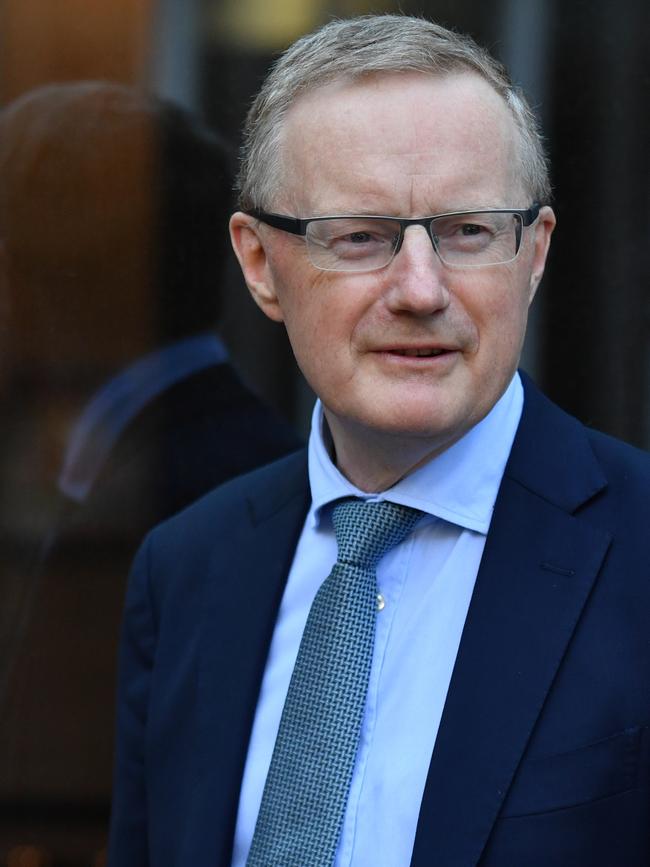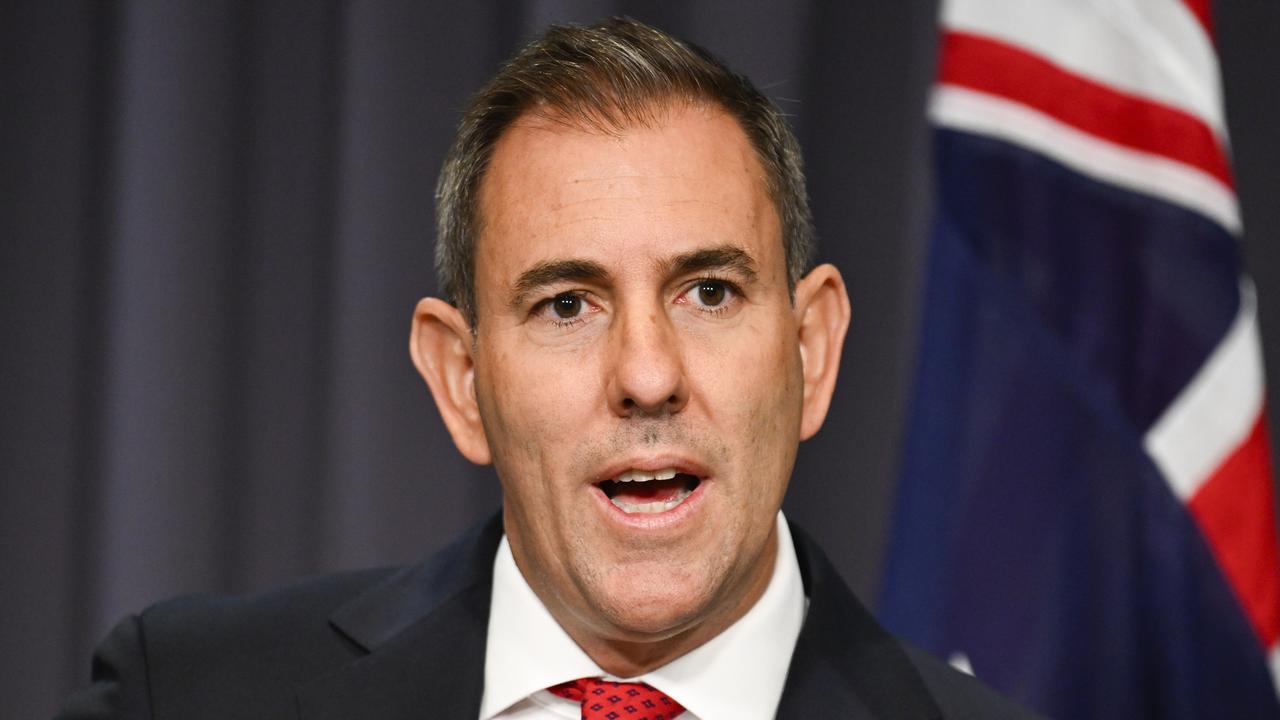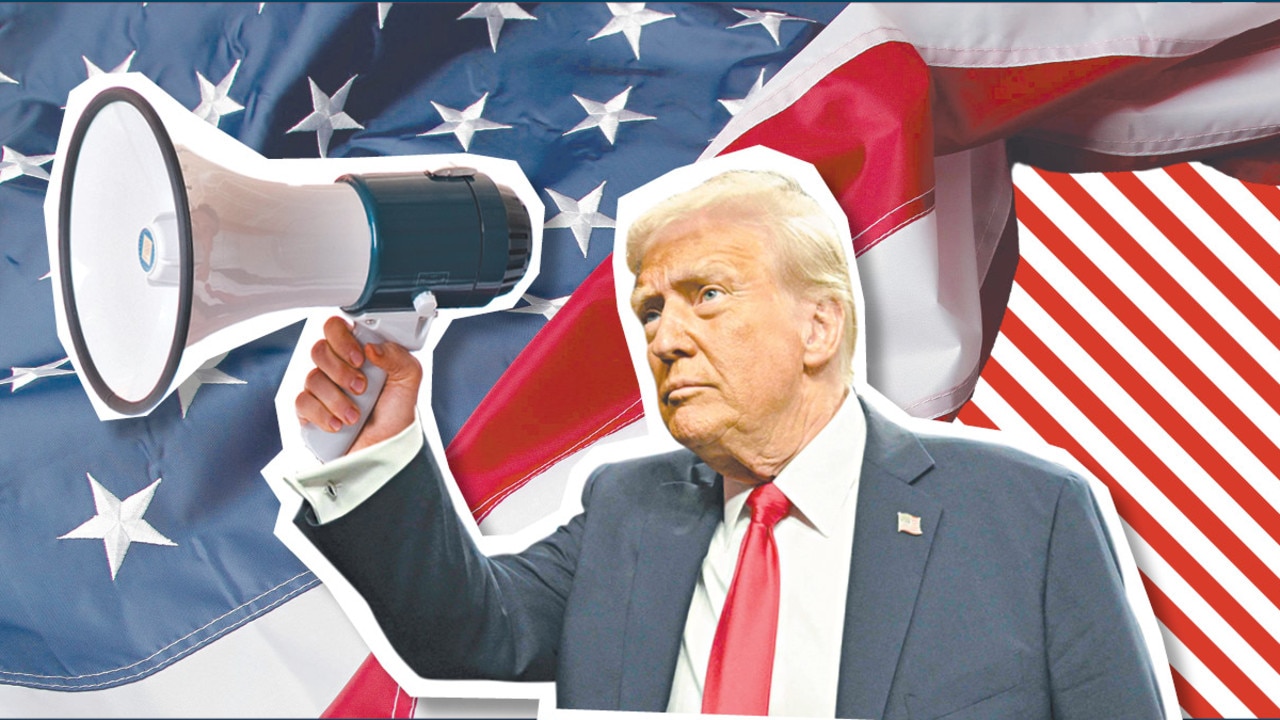
The Reserve Bank of Australia has closed the book on an eventful 2019 with a strong statement of faith that conventional monetary policy still has what it takes to accelerate an economy that’s trundling along.
It’s just that most economists think the bank will be sadly disappointed, and 2020 is looming as a year of significant economic challenges.
There’s every chance headlines next year will announce the arrival of expanded fiscal stimulus from Canberra, and quantitative easing from the RBA as targets for inflation, employment and GDP growth remain illusive, even drift further away.
READ MORE: RBA’s Lowe plays the waiting game | What if interest rates stop going down? | RBA rules out quantitative easing for now
The RBA kept the official cash rate at 0.75 per cent on Tuesday, with Governor Philip Lowe lacing his accompanying remarks with a positive review of the bank’s decision to aggressively cut rates in June, July and October.
“The easing of monetary policy this year is supporting employment and income growth in Australia and a return of inflation to the medium-term target range,” Lowe said.

The lower cash rate has put downward pressure on the Australian dollar, which is supporting activity across a range of industries, he added.
“Lower mortgage rates are also boosting aggregate household disposable income, which, in time, will boost household spending,” Lowe said.
In other words, the transmission mechanism of interest rate cuts into the real economy still works.
Lowe is genuinely entitled to point with some satisfaction to his performance through the year. He’s led a public discussion on the need for stimulus, called for support from Canberra, and pounded his desk about the need for productivity reforms.
Financial markets have also been given a concise road map for QE should it be needed. Lowe ruled out things like negative interest rates, while clearly defining the effective lower bound for the official cash rate at 0.25 per cent.
The transparency has helped keep markets operating normally.
It’s now a case of sitting back through the summer months to see if the economy finds another gear. There are still plenty of bets that it will fizz disappointingly, making a further cut in February likely.
“As the RBA heads into its traditional summer hiatus with the next board meeting not until February 4, the onus will be on the rate sensitive and high frequency data to strengthen,” said Su-Lin Ong, chief economist at RBC Capital Markets.
It is highly unlikely that 0.75 per cent marks the low point for cash rate in this cycle, she added.
Rising unemployment and persistent sub-target inflation remains RBC’s base case for 2020 and will likely demand more policy action, Ong said.
Chris Read, economist at Morgan Stanley, said the RBA will fall short.
“The RBA is still waiting to be disappointed by the data to move to further easing,” he said.
Co-ordination between economic policy makers is now critical, and Treasurer Josh Frydenberg should announce some form of fiscal stimulus in the government’s budget statement in May, Read said.
Income tax and interest rate reductions meant there was stimulus forthcoming in 2019, but more is needed.
“A co-ordinated push from both monetary and fiscal sources will be needed to return the economy back to trend … A more synchronised lift in consumer and corporate spirits is required and greater co-ordination between policy tools would help here,” he said.
Dow Jones Newswires




